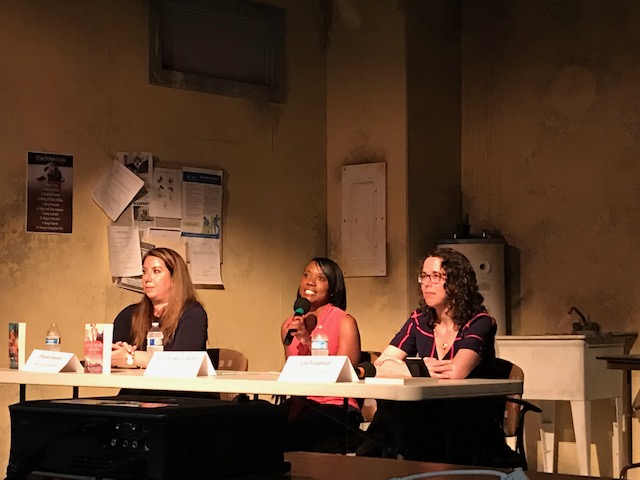Great Advice That I've Learned from Other Authors on My Writing Journey
/I am extremely grateful for all the authors who have shared their ideas, advice, and successes with me through the years. It is so helpful as you begin or move along your writing journey. Here are some key items that I’ve learned.
When I’m working on a new novel, I plot out a simple outline. I learned from Donna Andrews to color-code the different kinds of action in your outline, so you can see it over the course of the book. For example, I mark all romantic elements with pink, humorous items are orange, clues are green, etc.
I learned from Mary Burton to keep a running list of over-used words. Add to it as you write, and then at the end of each revision cycle, search your document and remove the culprits. She also calls your first draft the “sloppy copy.” This isn’t “the end” of your project. It’s the beginning of the revision cycle.
I learned from the late Kathy Mix to keep a list of character names for each book. Her rule was to name each character with a different letter of the alphabet. If she already had a Krissy, then she couldn’t have another character whose first name started with a “K.” I build a chart of characters for my books in a series. I create a column for each book and update where the characters appear. I also create a list of key locations. I enter all the important facts, so I can keep track of the details.
Mary Miley gave me some great advice about honing dialogue. She recommends cutting out the unnecessary pleasantries and chitchat that don’t move your story forward.
Elaine Viets said to know your genre and who is publishing in it. Do your research and know the conventions.
Lynda Bishop, my long-term editor, recommends that authors keep a timeline for each book to make sure all events are in order and make sense. This helps with pacing.
In one of her talks, Tina Glasneck told the group to create a calendar for each book launch. Mine starts three months before the launch and runs three months after. Plan all events, interviews, blogs, and media campaigns.
Jane Friedman tells writers that their platform grows from their body of work. An author’s website and blog should be at the center of this. Also, the website and blog should be on the same site.
Frances Aylor and Alan Orloff gave me the best advice for writing. Butt glue (Frances) or BICFOK (Alan). They’re essentially the same. If you want to be a writer, put your Butt in the Chair and Fingers on the Keyboard.
What would you add to my list?









